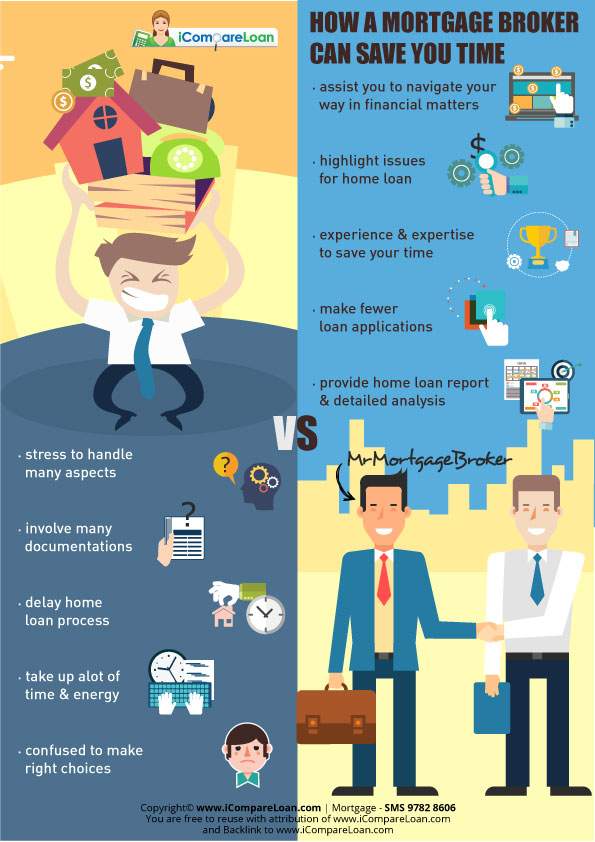Jumbo Loan Fees: What You Required to Know Before Applying
Jumbo Loan Fees: What You Required to Know Before Applying
Blog Article
Comprehending What a Jumbo Car Loan Entails and Exactly How It Differs From Conventional Fundings
Browsing the details of big car loans reveals a funding alternative customized for those venturing right into high-value property, commonly surpassing the restrictions set by the Federal Real Estate Money Company. On the other hand, conventional fundings are commonly a lot more available, taking advantage of backing by entities such as Fannie Mae and Freddie Mac. The substantial risk related to jumbo loans requires a lot more rigid certification requirements, consisting of higher credit rating and substantial deposits. As these 2 funding types provide to varying monetary landscapes, understanding their nuances is important for making educated choices in the intricate world of actual estate financing. How do you determine which course finest matches your monetary approach?
Meaning of Jumbo Fundings
Jumbo lendings are a kind of home loan that surpass the adhering financing limitations established by the Federal Real Estate Money Company (FHFA) These car loans deal with debtors that require to finance residential or commercial properties that are much more costly than what standard lending restrictions enable. The FHFA establishes annual adapting funding limits, and any type of finance going beyond these limits is classified as a jumbo financing.
Usually, jumbo fundings are used in high-cost genuine estate markets where home costs considerably go beyond nationwide standards, such as in cities or high-end housing markets. As these car loans are not eligible for purchase by Fannie Mae or Freddie Mac, they lug fundamental dangers for lenders due to their larger dimension and non-conformity (jumbo loan). Lending institutions frequently impose much more rigid credentials standards for big car loans than basic adapting car loans.
Consumers seeking big loans must generally demonstrate a solid economic account, including a higher credit rating, durable revenue confirmation, and substantial down repayment, often 20% or even more. In addition, lending institutions might require much more extensive paperwork to analyze the consumer's capability to manage larger regular monthly payments. Understanding the specific attributes of big fundings is vital for potential customers browsing this sector of the home mortgage market.
Standard Loans Summary
While big lendings provide to high-value residential property funding, traditional lendings stand for the more usual mortgage choice in the real estate market. These loans are not insured or ensured by any kind of federal government entity, such as the Federal Real Estate Management (FHA) or the Department of Veterans Affairs (VA) Rather, they are backed by personal loan providers and stick to standards established by government-sponsored ventures (GSEs) like Fannie Mae and Freddie Mac.
Conventional loans are normally offered with taken care of or flexible rate of interest and vary in regards to period, typically extending 15 to thirty years. Consumers frequently prefer standard financings for their predictable regular monthly repayments, which can facilitate long-lasting economic planning. In addition, they are readily available for primary houses, 2nd homes, and investment residential properties, offering flexibility to satisfy diverse debtor needs.

Secret Differences Between Car Loans
At the center of this decision-making procedure are jumbo fundings and standard fundings, each having distinct attributes and offering various customer requirements. Big loans surpass the adhering lending limitations set by the Federal Housing Finance Agency (FHFA), which differ by region.

Furthermore, the down repayment demands can differ significantly. Big finances usually need bigger down more info here repayments, occasionally going beyond 20%, to mitigate danger. Conventional financings, alternatively, may enable for reduced deposits, with some programs accepting as little as 3% for competent customers.
Certification Demands
Safeguarding a big funding entails satisfying more rigid qualification demands compared to traditional loans, showing the raised risk to loan providers. These fundings, which go beyond the adhering finance restrictions set by the Federal Real Estate Finance Firm (FHFA), are not eligible for purchase by Freddie Mac or Fannie Mae, therefore revealing loan providers to better economic danger - jumbo loan. Therefore, customers must demonstrate a high credit reliability and economic security
A robust credit score, generally 700 or greater, is important for approval. Lenders additionally anticipate a reduced debt-to-income (DTI) proportion, typically not going beyond 43%, ensuring that debtors can take care of substantial month-to-month repayments alongside various other monetary responsibilities. A significant cash get is usually called for, typically amounting to 6 months of home mortgage repayments, to reassure lenders of the borrower's economic durability.
Down payment expectations are additionally elevated, often beginning at 20% or even more of the residential or commercial property's value. While this is a safeguard for loan providers, it demands considerable ahead of time capital from borrowers. Furthermore, proof of constant, sufficient income is necessary, typically confirmed via income tax return, W-2s, and current pay stubs. Self-employed individuals might require to provide more documents, such as revenue and loss statements, to corroborate their earnings security.
Choosing the Right Financing
Navigating the intricacy of big car loans requires careful consideration when picking one of the most ideal financing choice. With the broader series of choices readily available to those seeking big car loans, the decision-making process should entail a detailed evaluation of one's economic account and long-term goals. Unlike conventional financings, big lendings typically include more stringent demands and differed rate of interest, which require thorough research and a clear understanding of one's financial standing.
When picking in between various big car loan offerings, it is vital to evaluate the funding terms, consisting of rate of interest, repayment routines, and linked charges. Borrowers ought to contrast the rates provided by different loan providers to ensure they safeguard one of the most desirable terms. Furthermore, comprehending the effects of dealt with versus variable-rate mortgages (ARMs) Clicking Here is important, as each option provides distinctive benefits and threats depending on market conditions and individual economic approaches.
Engaging with an economic advisor or home loan broker can provide useful understandings tailored to specific scenarios. These specialists can aid in browsing the nuances of jumbo finances, guaranteeing that borrowers are well-informed and equipped to choose a finance that straightens with their monetary purposes, ultimately helping with a smoother home-buying procedure.
Conclusion
In recap, big car loans offer as a monetary tool for acquiring high-value residential or commercial properties, demanding rigorous eligibility demands and higher rate of interest due to the raised threat for loan providers. Unlike traditional loans, which adapt FHFA restrictions and might get backing from Fannie Mae or Freddie Mac, big car loans call for a minimal credit report of 700 and considerable down payments. Comprehending these differences is essential for debtors in high-cost genuine estate markets to determine the most appropriate financing alternative for their demands.
The FHFA establishes yearly conforming funding limitations, and any kind of financing surpassing these limits is classified as a big lending.
At the center of this decision-making process are jumbo car loans and traditional lendings, each having distinct features and serving various customer needs.Securing a big finance entails satisfying extra rigorous credentials needs compared to conventional fundings, mirroring the increased try here risk to lenders. Unlike traditional financings, big fundings typically come with stricter needs and differed rate of interest prices, which necessitate comprehensive research and a clear understanding of one's monetary standing.
Unlike traditional financings, which adhere to FHFA limitations and might obtain support from Fannie Mae or Freddie Mac, jumbo fundings need a minimal credit rating rating of 700 and substantial down settlements.
Report this page